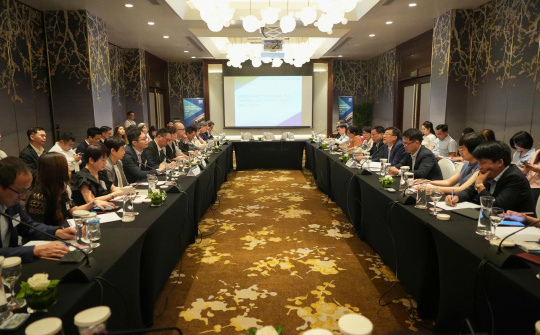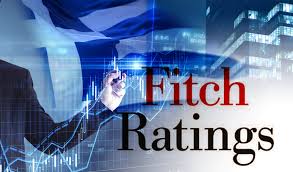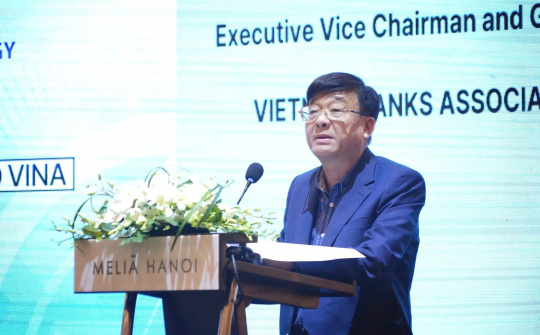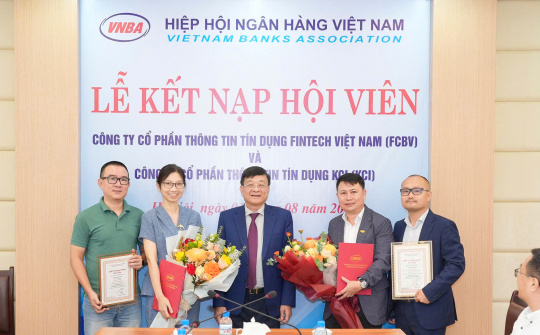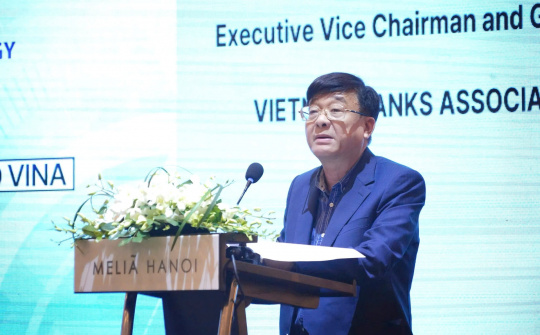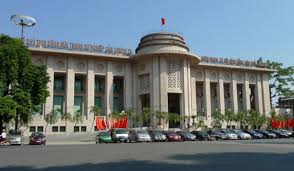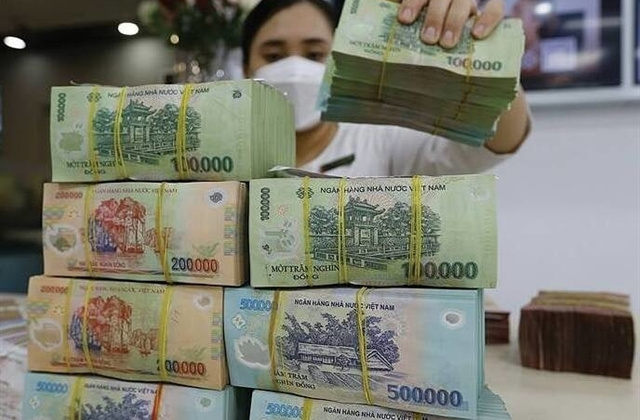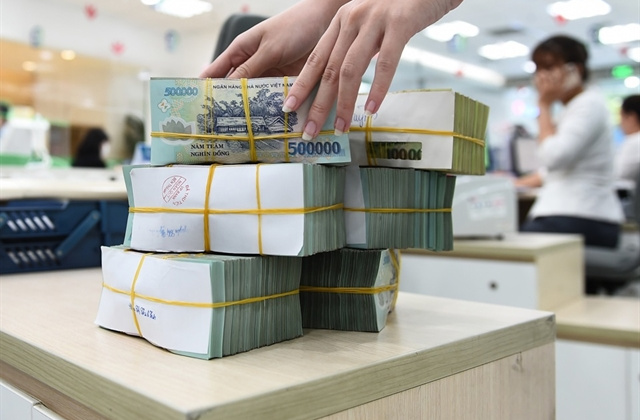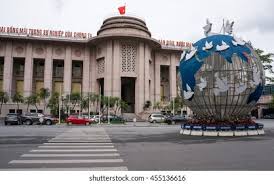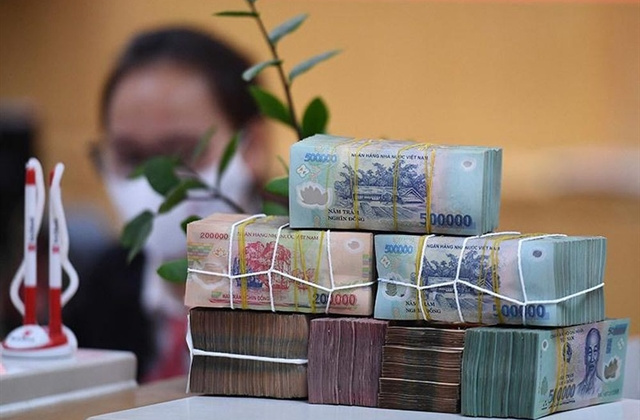Attending the workshop, on the side of the Supreme People's Court, there were Mr. Nguyen Van Tien, Deputy Chief Justice of the Supreme People's Court; Mr. Tran Hong Ha, Judge of the Supreme People's Court; Mr. Nguyen Bien Thuy, Judge of the Supreme People's Court; Mr. Le The Phuc - Director of the Department of Legislation and Science Management; Mr. Nguyen Dinh Tien, Deputy Director of the Department of Inspection Director III, Supreme People's Court; and representatives of the leaders of the functional Departments/Offices of the Supreme People's Court and representatives of the People's Courts of provinces, centrally-run cities, and regions.
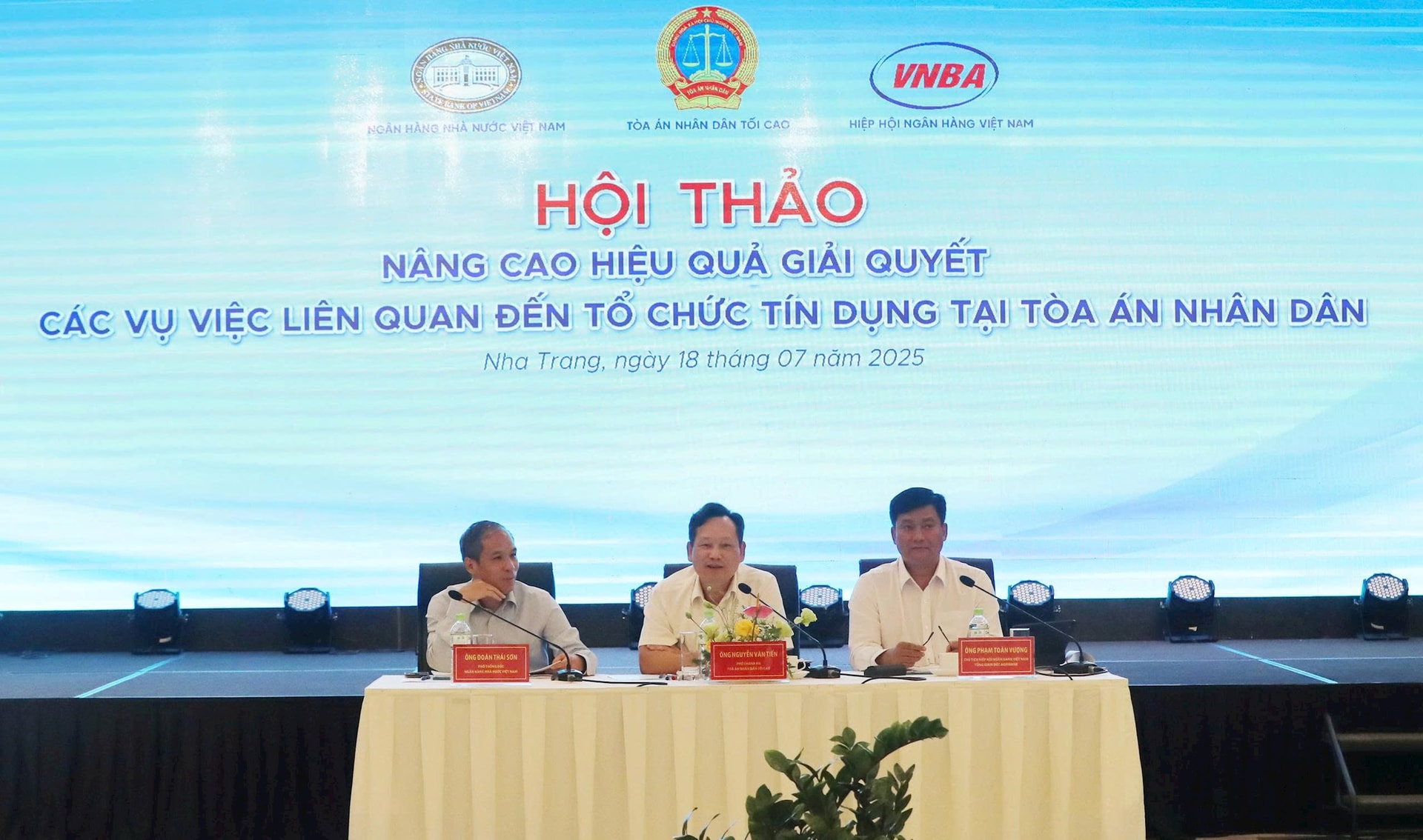
Mr. Nguyen Van Tien, Deputy Chief Justice of the Supreme People's Court (middle); Mr. Doan Thai Son, Deputy Governor of the State Bank of Vietnam (left); Mr. Pham Toan Vuong, Chairman of the Vietnam Banks Association, General Director of Agribank (right), co-chaired.
On the side of the Supreme People's Procuracy, there was Mr. Nguyen Kim Sau, Director of the Department of Administrative and Commercial Prosecution (Department 10).
On the side of the State Bank of Vietnam (SBV), there were Mr. Doan Thai Son, Deputy Governor; Ms. Vu Ngoc Lan, Deputy Director of the Department of Legislation; Mr. Bui Huy Tho - Director of the State Bank of Vietnam, Branch Region 10...
On the side of the Ministry of Justice, there were: Mr. Nguyen Hong Hai, Director of the Department of Civil and Economic Law; representative of the Department of Civil Judgment Enforcement Management.
On the side of the Vietnam Banks Association (VNBA), there were Mr. Pham Toan Vuong, Chairman of the Association Council, General Director of Agribank; Mr. Nguyen Quoc Hung, Vice Chairman of the Association Council cum General Secretary; Mr. Pham Quang Tung, Vice Chairman of the Association Council, member of the Board of Directors of BIDV; and representatives of the Banking Legal Club; Debt Management Club (AMC); Consumer Finance Club and representatives of member credit institutions.
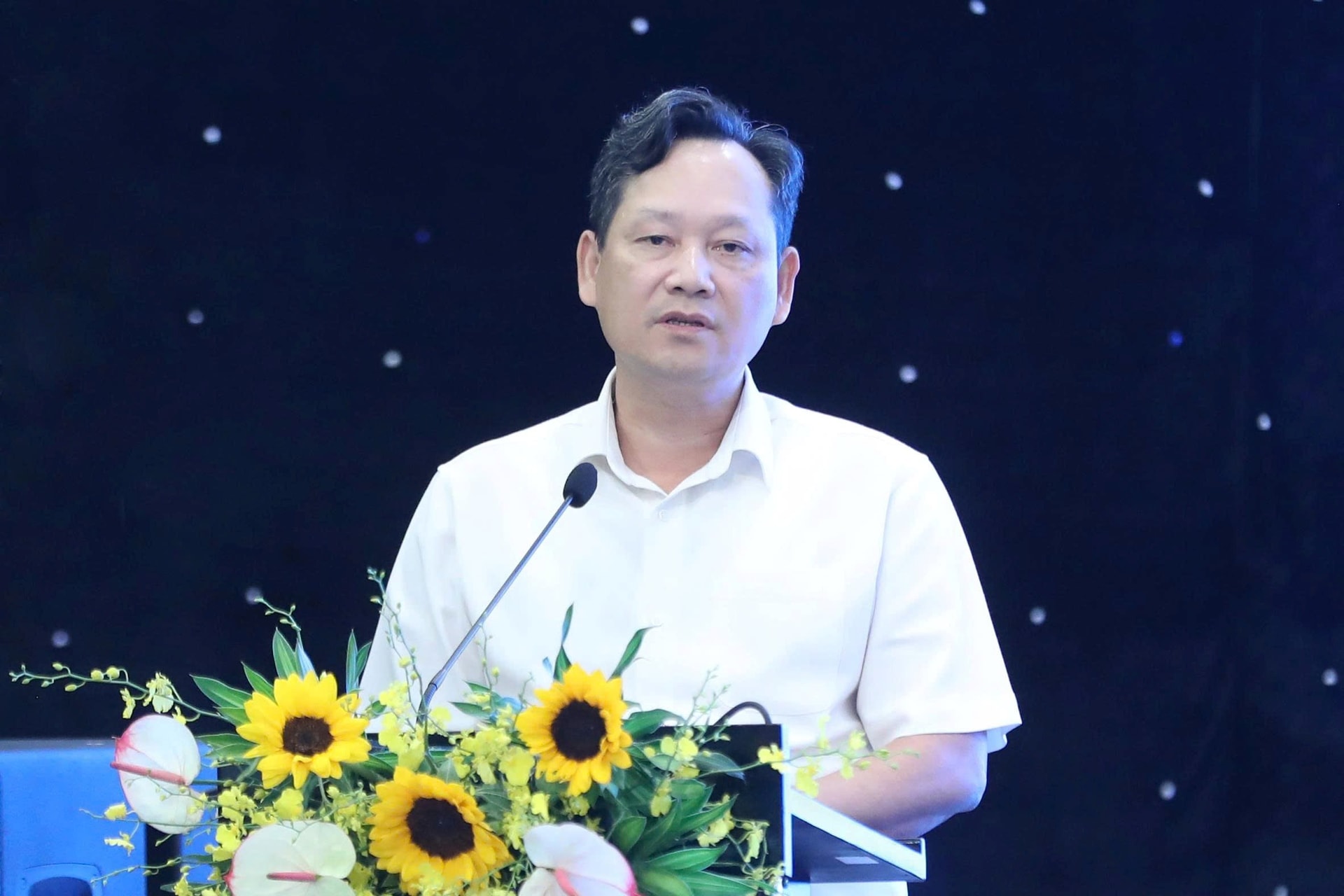
Mr. Nguyen Van Tien, Deputy Chief Justice of the Supreme People's Court
Identifying outstanding problems and shortcomings
In his opening speech, Mr. Pham Toan Vuong, Chairman of VNBA, acknowledged and highly appreciated the great contribution of the Court sector in adjudication and dispute resolution, which has significantly contributed to helping the Banking sector achieve many encouraging results in its operations, especially in handling bad debts in recent times. However, with the strong growth and increasingly expanding scale of the financial and banking market from 2020 to present, disputes related to credit institutions have also continuously increased in number and complexity in nature, giving rise to many new problems.
The Chairman of the VNBA said that through synthesizing the opinions of member credit institutions, the practice of resolving cases at the Court has given rise to many problems and shortcomings. The outstanding issues focus on: Prolonged time to resolve cases; Problems in the process of accepting lawsuits and determining the jurisdiction of the Court; Difficulties in identifying and summoning all persons with related rights and obligations; Inadequacies in the process of reviewing and appraising on-site secured assets. In particular, two groups of legal issues that pose great risks to banks are problems with regulations on protecting bona fide third parties and disputes related to secured assets, which are land use rights of households. In addition, the return and handling of evidence as secured assets in criminal cases is also a major bottleneck.
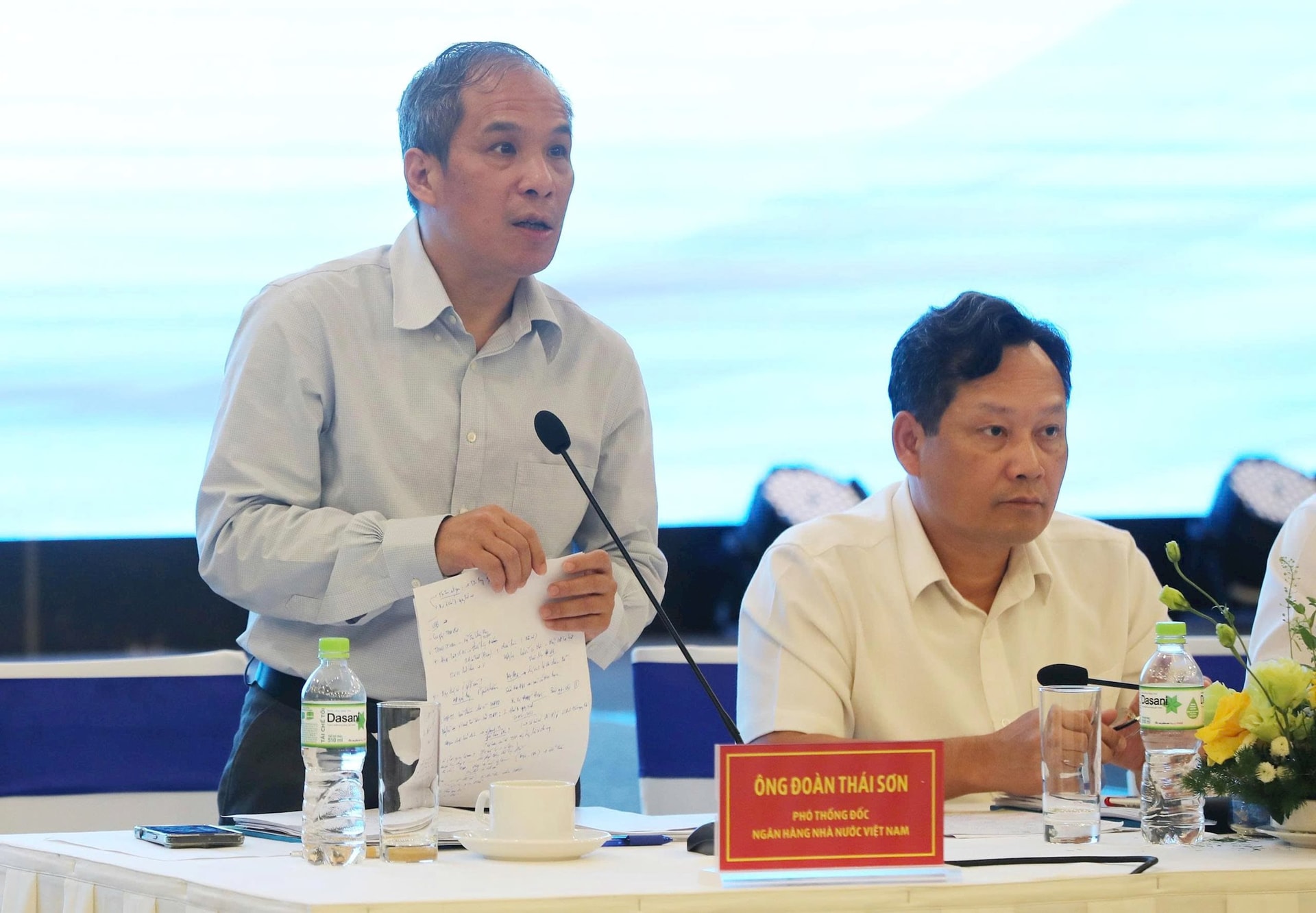
Mr. Doan Thai Son, Deputy Governor of the State Bank of Vietnam
According to Mr. Pham Toan Vuong, there are causes originating from the credit institutions themselves, but there are also causes due to different perceptions of the law and ways of assessing evidence among the litigants. This has created very different solutions, causing great risks for lending and guaranteeing banks. In the face of this situation, the prosecuting agencies need to have guidelines for uniform application of the law to arising situations, not only in civil and commercial relations but also in the process of resolving related criminal cases.
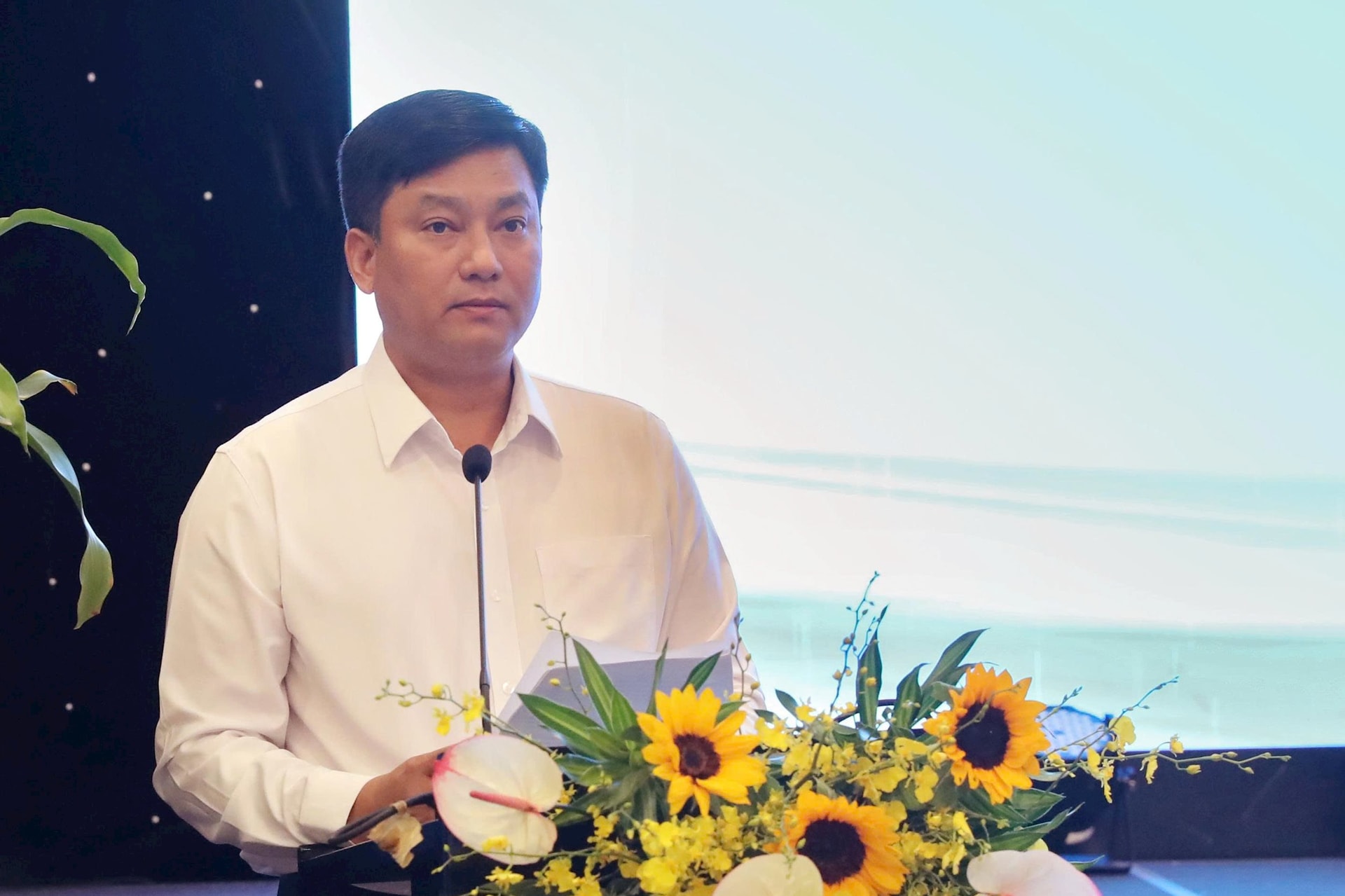
Mr. Pham Toan Vuong, Chairman of the Vietnam Banks Association, General Director of Agribank
The summary report from the credit institutions of the Banking Law Club and the opinions at the workshop painted a panoramic picture of the current "bottlenecks", with 3 key groups of content, including some issues on litigation procedures and jurisdiction; application of substantive law and practice of trial and enforcement.
Accordingly, many credit institutions reflected the situation that the process of accepting lawsuits is still slow, the time to resolve cases is prolonged, causing costly expenses and missing opportunities to recover debts. MB representative said that many litigation cases are prolonged but in the end still not completely resolved.
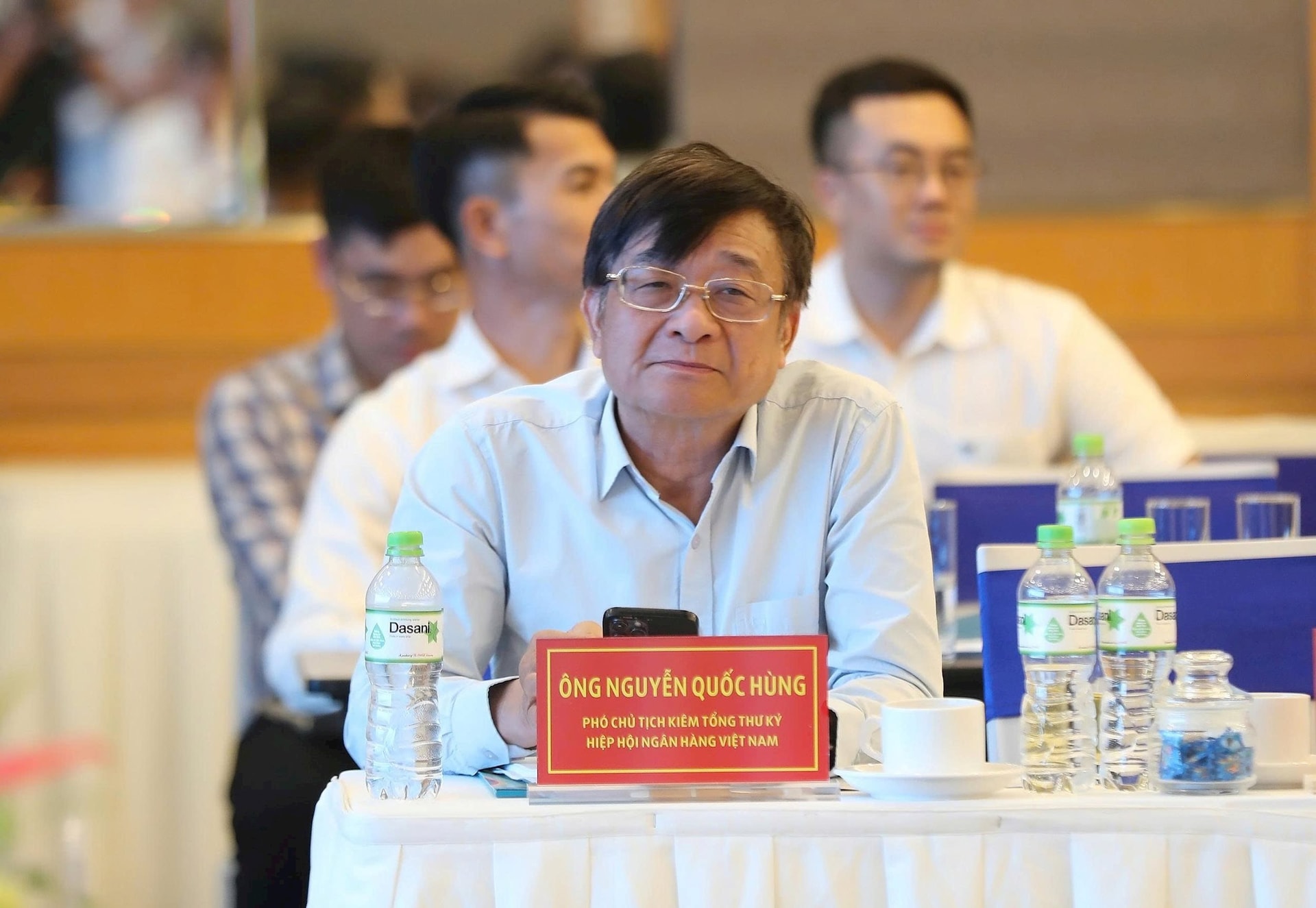
Mr. Nguyen Quoc Hung, Vice Chairman of the Association Council cum General Secretary
Regarding the issue of jurisdiction, Mr. Do Quang Phong, Head of the Legal Department of Agribank, gave a typical example: some local courts refused to accept the bank's lawsuit, arguing that the clause "choosing a competent court to resolve the case" in the contract "did not specify the location of the court". This mechanical understanding not only reduces the legal value of the agreement clause but also contradicts the nature of the right to freely enter into contracts and recommends that there should be unified guidance from the Supreme People's Court.
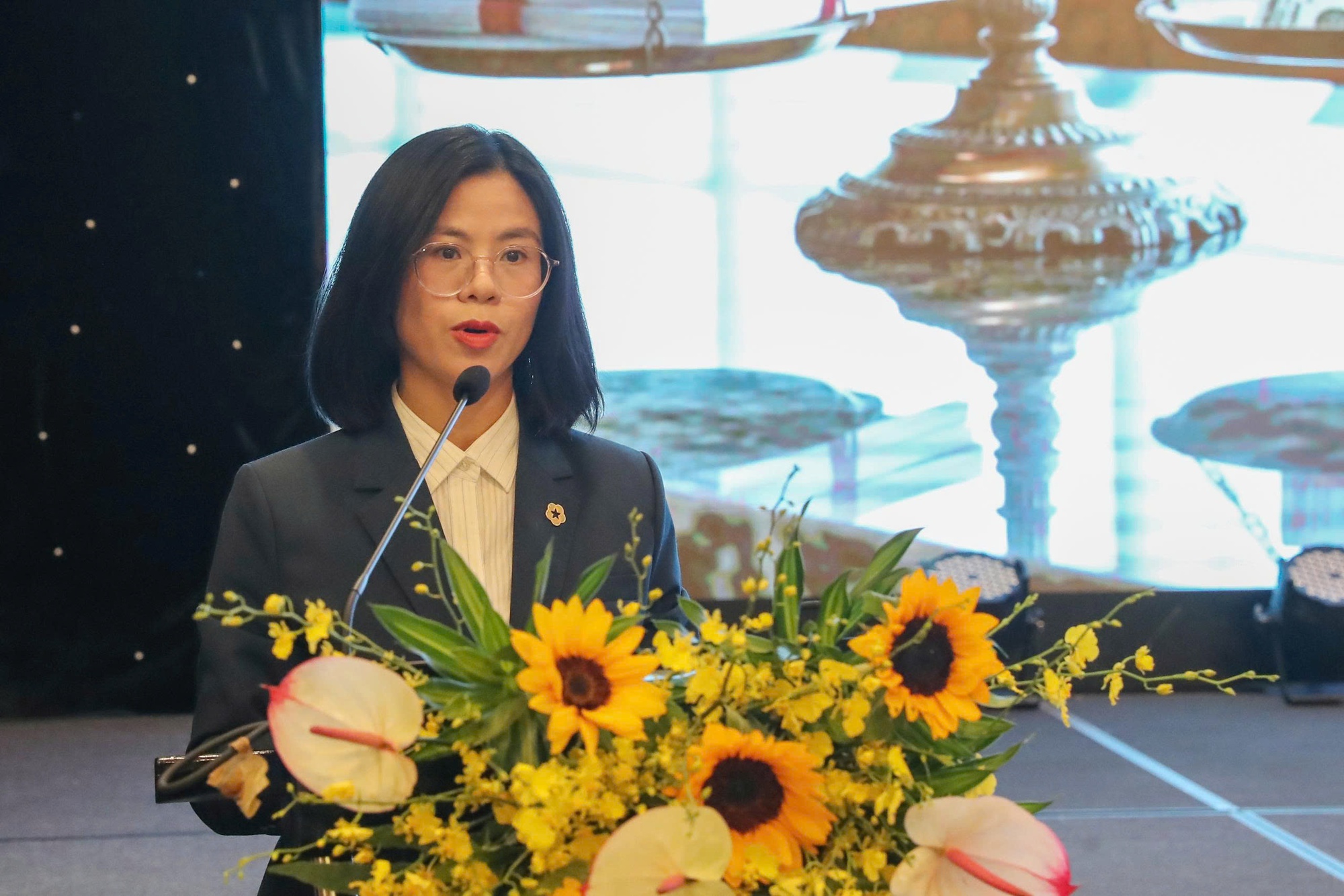
Ms. Nguyen Thi Phuong, Head of the Banking Legal Club
Ms. Nguyen Thi Phuong, Head of the Banking Legal Club, pointed out that one of the most problematic issues reported by credit institutions is that the time to resolve cases at the court is still very slow compared to the provisions of the 2015 Civil Procedure Code. This situation stems from many causes, both subjective and objective.
In addition, there are also problems related to the perception and application of substantive law, notably issues on the protection of "third parties in good faith"; handling of secured assets in criminal cases; calculation of interest and penalties for violations... Along with that, the conciliation procedure is unreasonable, even though the credit institution has submitted a petition to refuse conciliation because it is considered unfeasible, the Court still requires it, unnecessarily prolonging the time.
For "third parties in good faith", this is the most painful issue. Credit institutions believe that they are becoming "victims" of this regulation. When a land use right certificate is declared invalid by the Court due to errors from the licensing authority or the previous transferor, the mortgage transaction of the bank (third party in good faith) is also invalid. The general recommendation is to protect the bank's right to handle assets in this case.
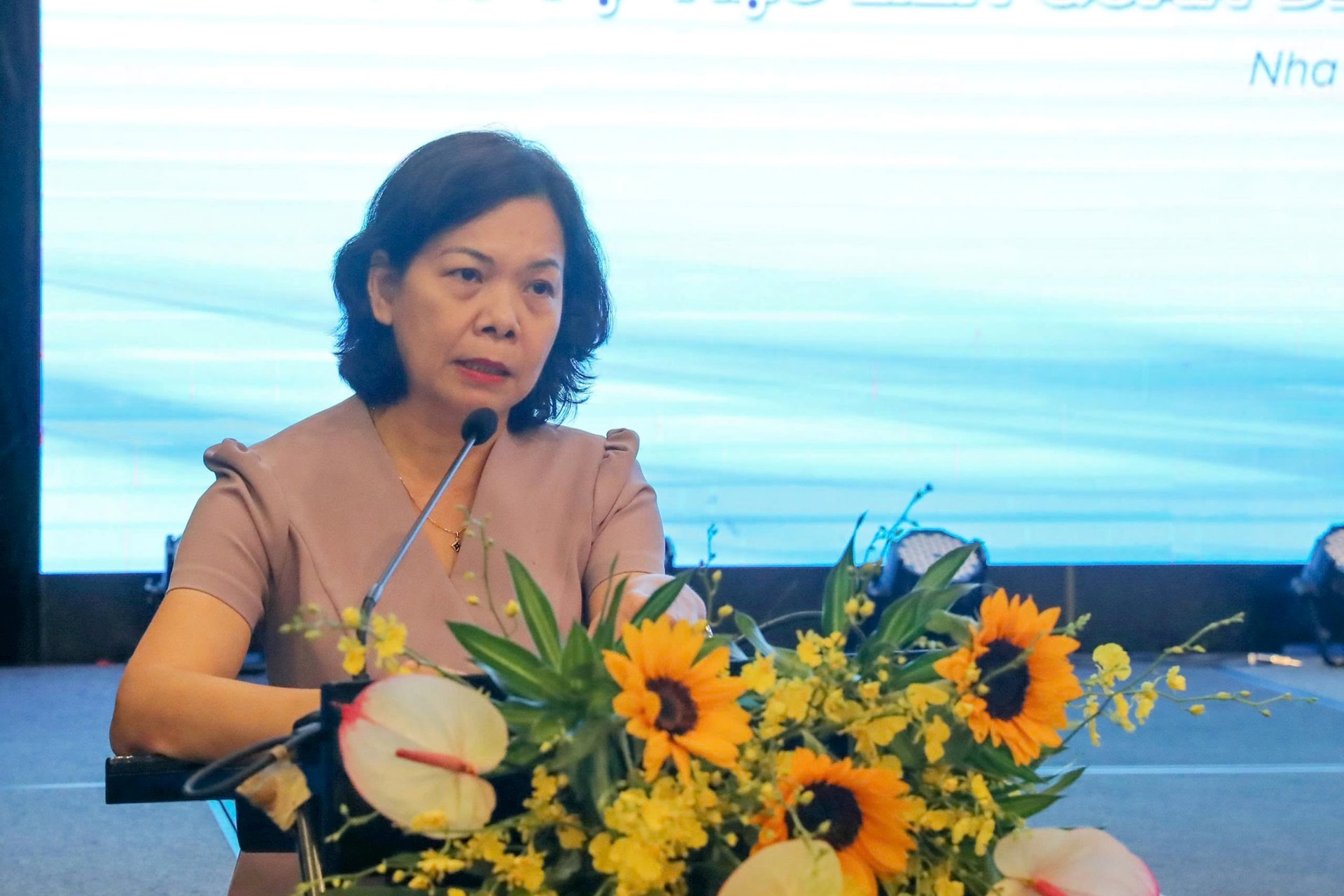
Ms. Vu Ngoc Lan, Deputy Director of the Legal Department of the State Bank of Vietnam
Ms. Vu Ngoc Lan, Deputy Director of the Legal Department of the State Bank of Vietnam, also said that credit institutions are facing great risks when accepting mortgages of assets in good faith but then the Court declares the Land Use Rights Certificate null and void. The Court's guidance sometimes sets out unfeasible requirements for banks, such as having to appraise the entire transaction history of the asset (verifying the entire legal history of the asset down to each individual who previously owned it), weakening the position of the legal mortgagee.
Regarding the problem of applying interest rates, according to Ms. Vu Ngoc Lan, Deputy Director of the Legal Department of the State Bank of Vietnam, this is also one of the major problems. The Court tends to apply the interest rate limit of the Civil Code to credit contracts, instead of applying the Law on Credit Institutions and specialized guidance documents. She also cited an example of a case where the Court accepted to calculate interest on the borrower's savings book but rejected the request to calculate interest on the bank's outstanding loan balance, causing double damage to the credit institution.
Mr. Tran Van Nhien, Director of Legal Affairs of Eximbank, proposed that there should be clear regulations on the priority of the legal secured party in handling secured assets in criminal cases. He recommended limiting the attachment/blocking of assets that are not evidence and not expanding the responsibility of credit institutions by confiscating legal debt repayment amounts, unless there is evidence that the credit institution knows that it is illegal money.
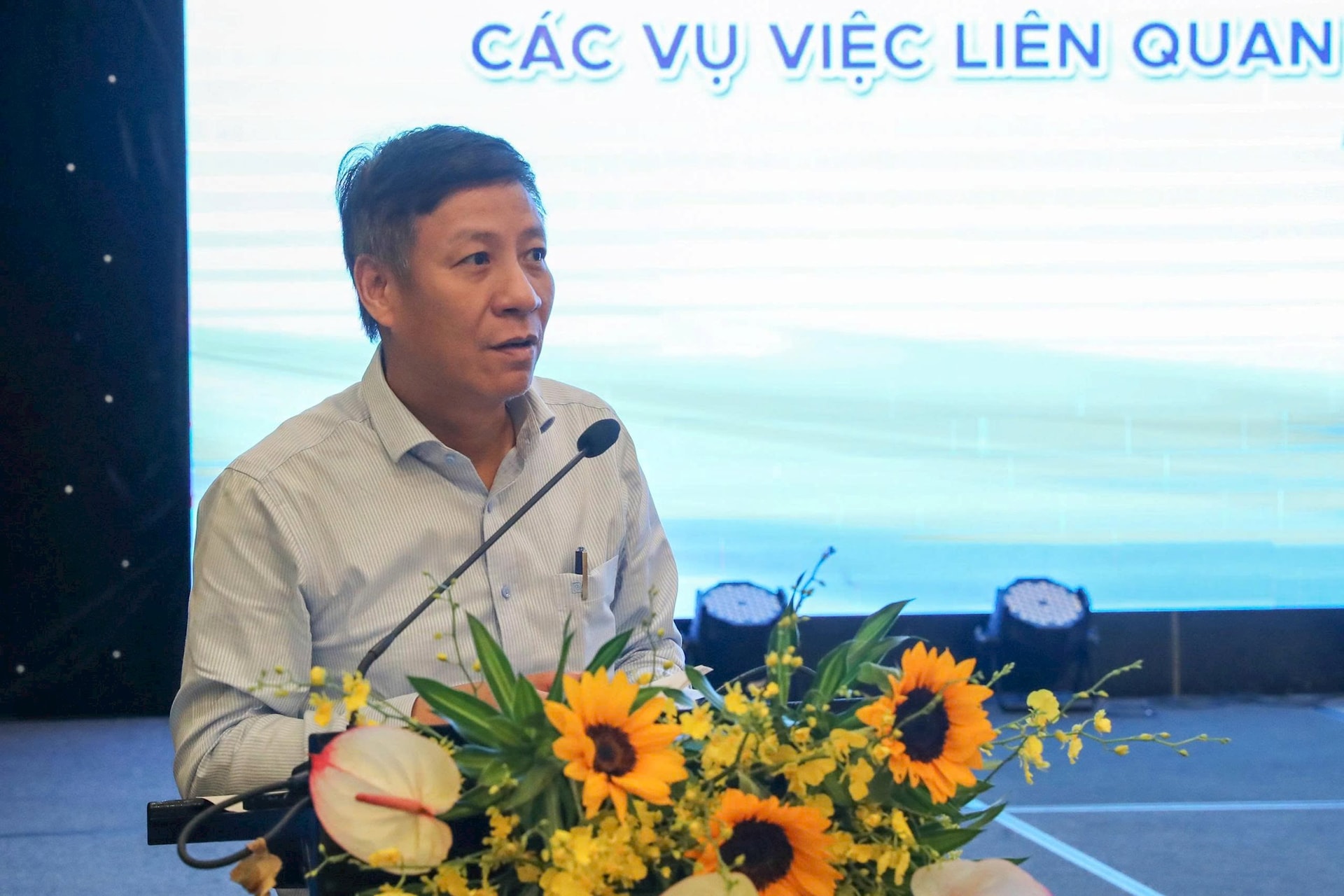
Mr. Nguyen Dinh Tien, Deputy Director of the Department of Inspection of Commercial Business, Bankruptcy, Labor, Family and Minors, Supreme People's Court
Regarding the practice of adjudication and enforcement of judgments, Mr. Nguyen Dinh Tien, Deputy Director of the Department of Inspection of Commercial Business, Bankruptcy, Labor, Family and Minors, Supreme People's Court, commented that current disputes are no longer focused on the content of credit contracts (loans, interest rates) but are more intense in mortgage contracts, especially assets of third parties. This shows the importance of property appraisal before lending. Therefore, researching and finding effective solutions to resolve disputes over secured credit contracts is an urgent requirement, contributing to protecting the legitimate rights of the parties and ensuring the safety of credit activities in the economy.

Ms. Nguyen Thi Thuy Dung, Deputy Chief Justice of the Ho Chi Minh City People's Court
From the perspective of trial practice in a large city, Ms. Nguyen Thi Thuy Dung, Deputy Chief Justice of the Ho Chi Minh City People's Court, proposed to remove the concept of service in court proceedings and replace it with a Notice to the parties as in the 2010 Commercial Arbitration Procedure Law. She said that the current regulations on service and posting are no longer appropriate and cause many difficulties in resolving cases in general and related to credit contracts and handling secured assets in particular. Ms. Dang Thi Hong Nhung (Department of Civil Judgment Enforcement Management, Ministry of Justice) said that in order to effectively enforce judgments, the Court's judgments need to be highly feasible. She suggested that the Court focus on on-site review and assessment to accurately determine the status of assets, ensuring that the judgment can be enforced in practice when pronounced.
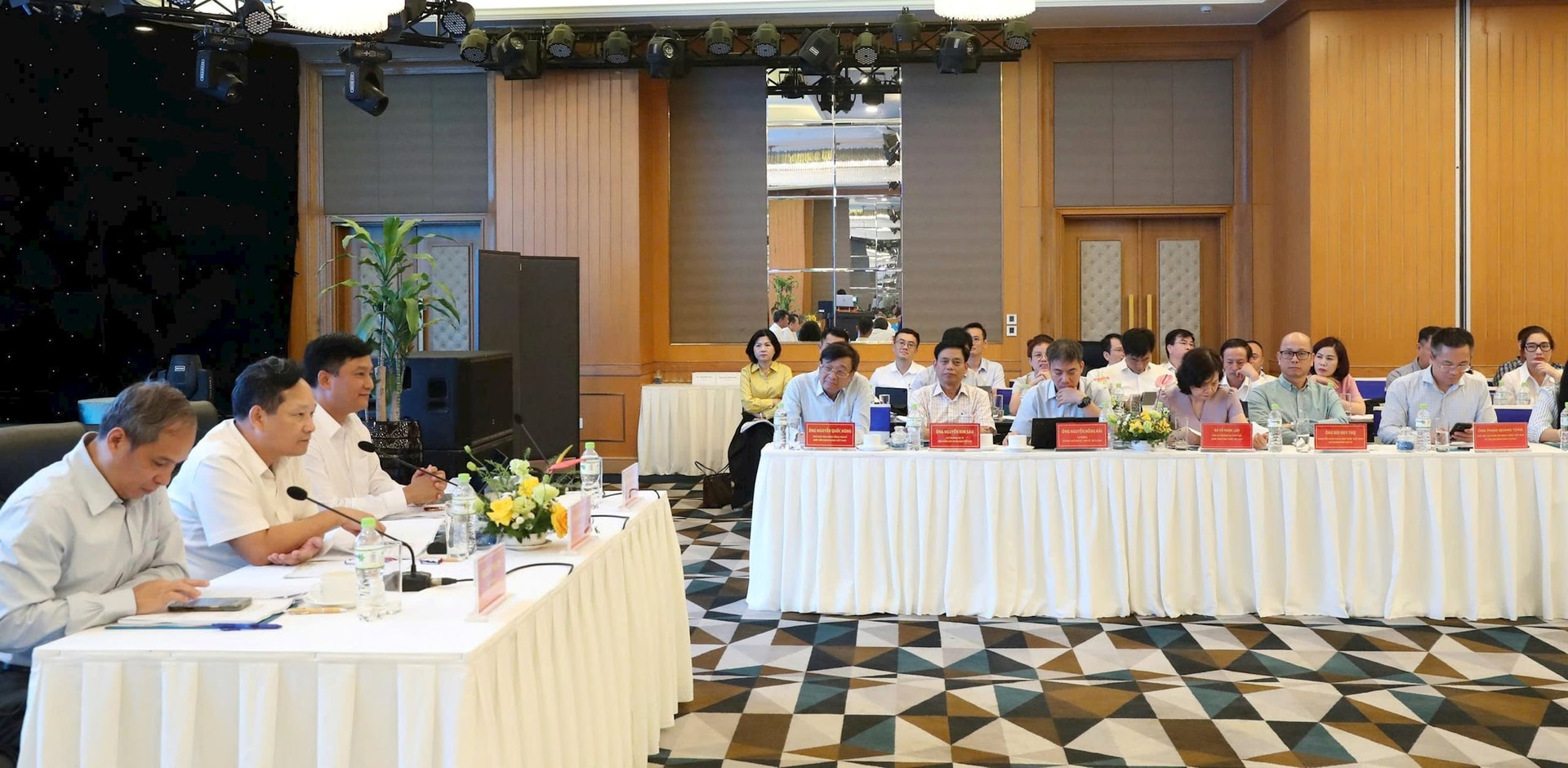
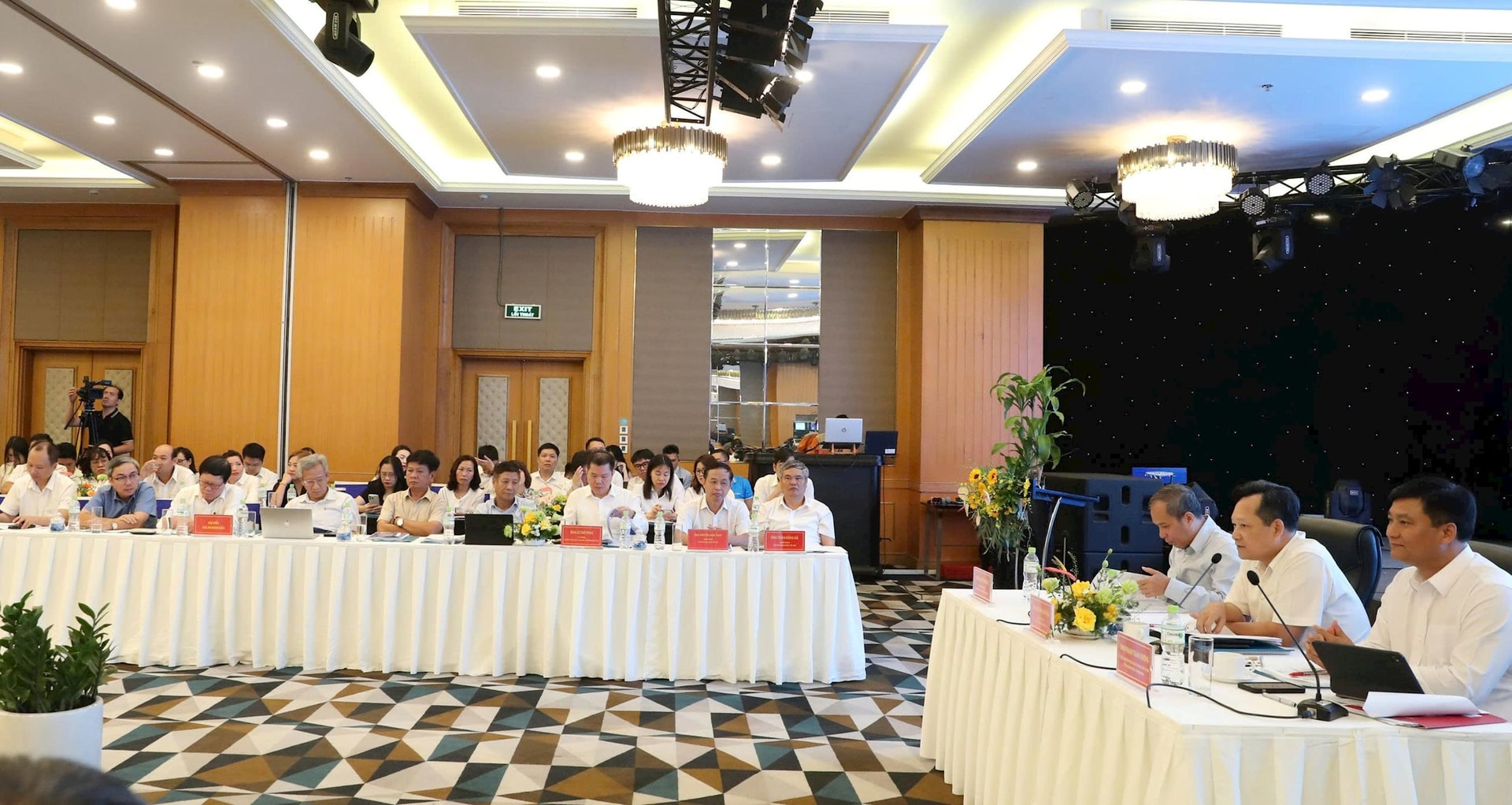
In response to the issues raised, representatives of judicial and regulatory agencies gave positive responses and specific commitments to action.
Deputy Governor Doan Thai Son highly appreciated the initiative of VNBA to organize a workshop to create a forum for the Courts and credit institutions to listen to and share perspectives, difficulties and problems from practice, in order to find an effective mechanism to resolve credit disputes and bring benefits to all parties involved.
The Deputy Governor emphasized the importance of effectively resolving credit disputes for the economy. He pointed out that the root of many problems lies in property law and said that a comprehensive approach is needed to improve property law regulations. If these regulations are improved, disputes will occur less often.
On the side of the Supreme People's Court, Deputy Chief Justice Nguyen Van Tien summarized the outstanding issues and highly appreciated the dedicated, responsible and highly professional opinions at the workshop. He affirmed that the Supreme People's Court will review and propose amendments to the law, accept proposals to propose amendments and supplements to relevant regulations, especially in the Civil Procedure Code.
The Supreme People's Court will also soon study and issue a Resolution guiding the unified application of the law on hot issues such as interest rates, bona fide third parties, court jurisdiction, and application of simplified procedures.
Deputy Chief Justice Nguyen Van Tien also affirmed that he will continue to improve the quality of adjudication, and at the same time direct the entire industry to implement the goal of resolving credit cases "quickly, promptly, transparently, impartially, with quality and in accordance with the law" and said that this workshop also aims to improve the quality of resolving cases in general and especially credit contract disputes in particular.
Deputy Chief Justice Nguyen Van Tien also hopes that in the coming time, there will continue to be close coordination between the Supreme People's Court, the State Bank of Vietnam, and the Vietnam Banking Association to enhance professional exchanges and review and handle practical problems. At the same time, they will coordinate to organize training programs to improve each side's professional knowledge to clearly understand and deeply understand specialized professional activities, thereby uniformly applying the law to better resolve cases.
Also at the workshop, recommendations on digital transformation were given special attention. Delegates agreed that accelerating the process of building an e-Court, enhancing data connectivity between the Court and ministries to exploit digital platforms such as VNeID, the National Business Registration Portal, etc. are breakthrough solutions to shorten the time to resolve cases.
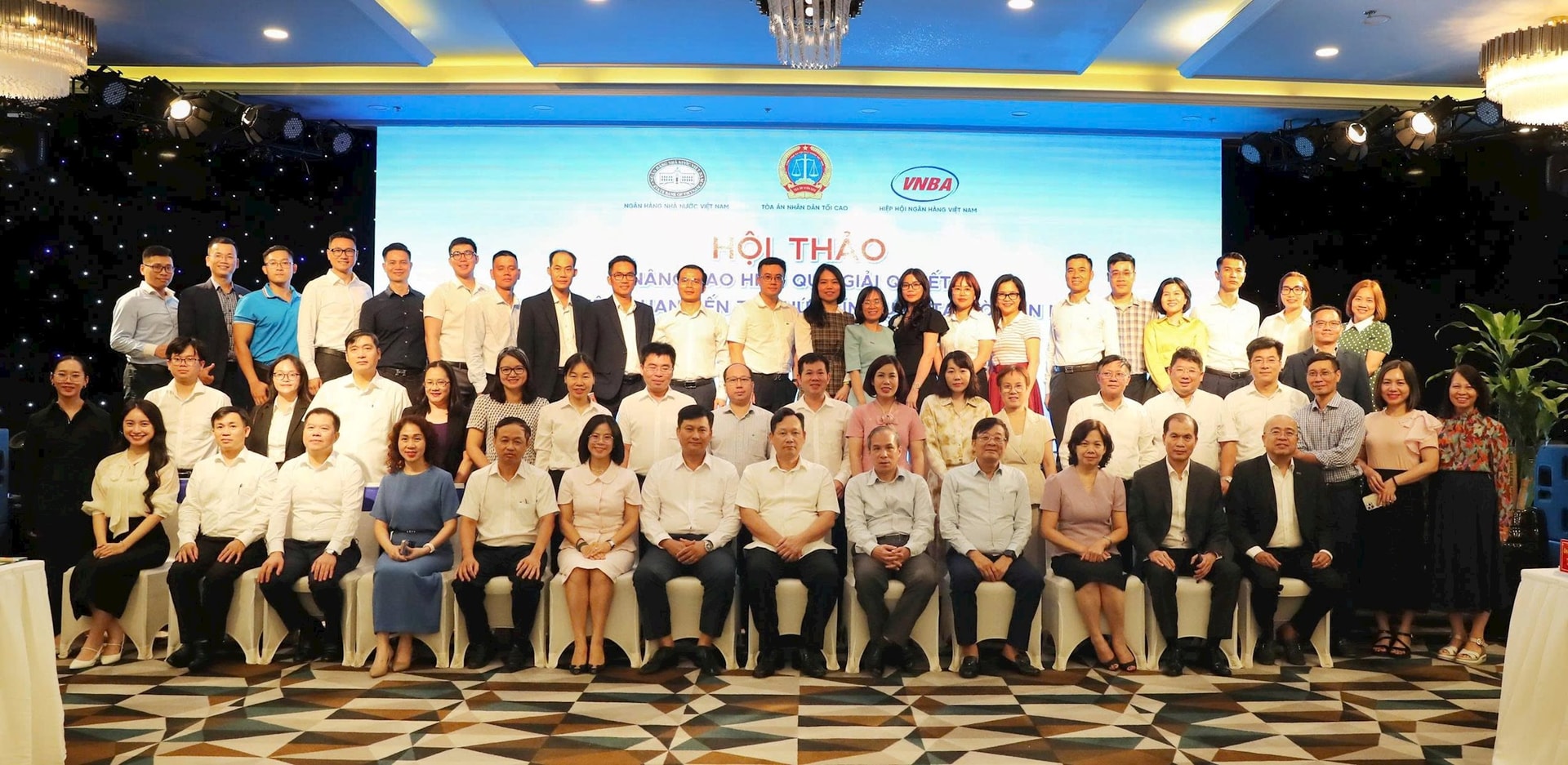
Delegates attending the conference took a souvenir photo
The workshop ended with a high consensus, opening up expectations for a period of closer and more effective coordination between the banking sector and the judicial system, towards the common goal of a transparent and fair legal environment, contributing to promoting sustainable economic development.
VNBA News



